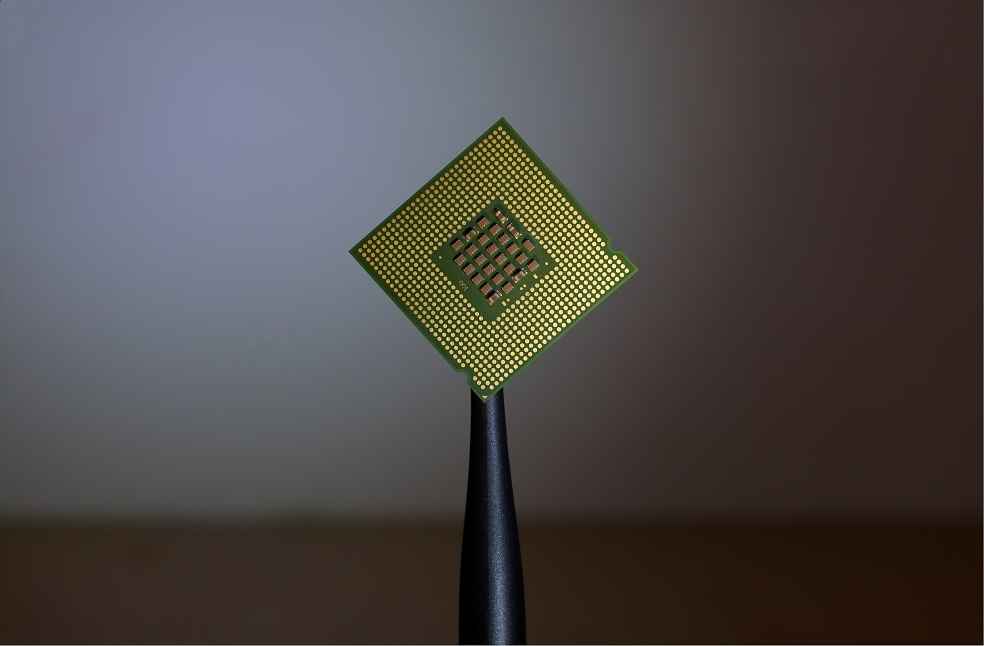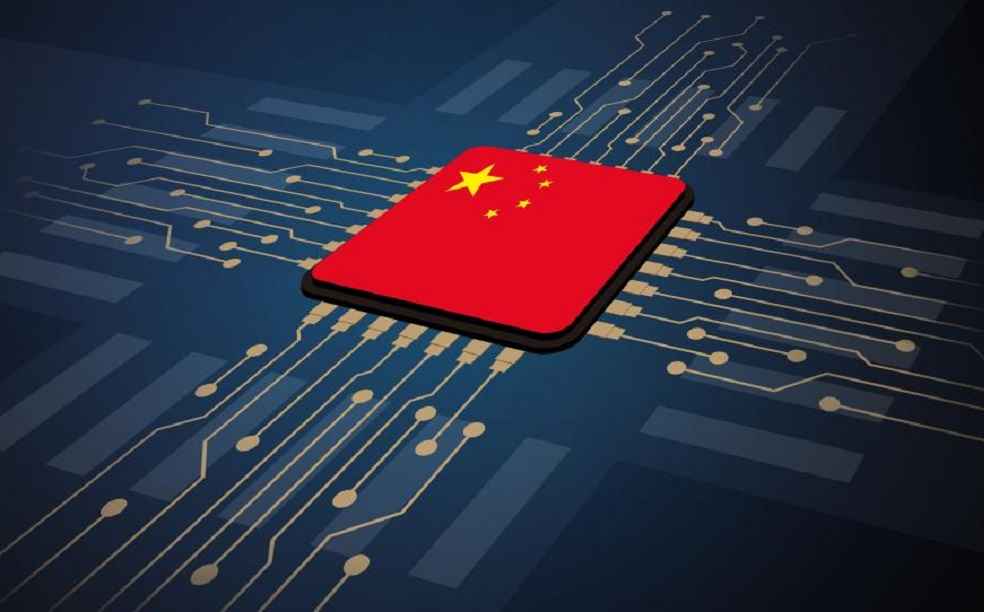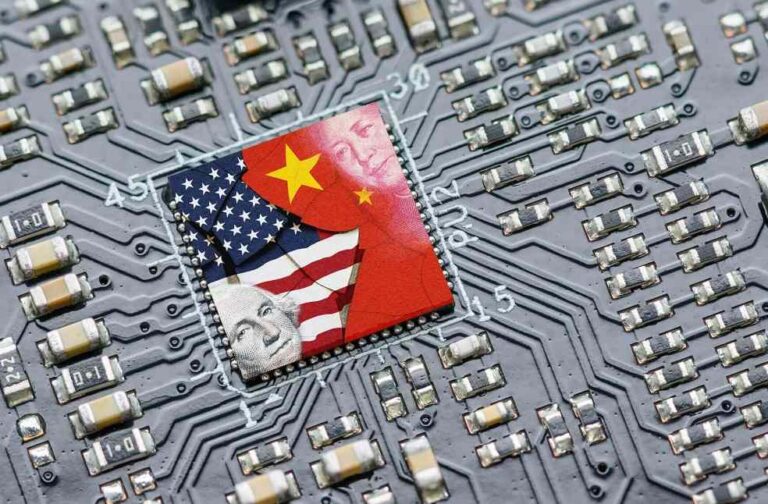The United States has introduced stringent export controls targeting China’s semiconductor and quantum computing industries. This initiative reflects Washington’s increasing concern over the use of cutting-edge technologies by geopolitical competitors.
On Thursday, the US Department of Commerce unveiled these measures, following strategic consultations with international partners. The goal is to reinforce ties with allied nations. Alan Estevez, Under Secretary for the Bureau of Industry and Security, emphasized that the global cooperation on technology control ensures more effective results.

“Today’s action ensures our national export controls keep step with rapidly evolving technologies and are more effective when we work in concert with international partners,” Estevez stated. He noted that aligning these regulations globally complicates efforts by adversaries to misuse such innovations.
The Biden administration has intensified efforts to restrict China’s tech capabilities, particularly in advanced chips and semiconductor-related equipment. Washington has also encouraged allied nations to impose similar restrictions.
On Friday, the Netherlands responded by tightening its export rules on semiconductor manufacturing machines. Dutch Foreign Trade Minister Reinette Klever highlighted the growing risks posed by the export of such technologies, particularly in the current geopolitical context.

Japan and other countries have already joined these collective efforts, aimed at limiting China’s access to advanced chip-making tools. In response, China is accelerating its push for self-sufficiency, investing heavily in its domestic semiconductor sector.
Despite US-led actions, China’s chip industry is reportedly just three years behind Taiwan Semiconductor Manufacturing, the global leader, according to semiconductor research firm TechanaLye, based in Tokyo.
China’s Ministry of Foreign Affairs expressed strong opposition to the new US measures, accusing Washington of violating free market principles and disrupting global supply chains. “This does not align with the interests of any side,” said ministry spokeswoman Mao Ning.
POLICY & LAW | China Probes Canadian Canola Amid Electric Vehicle Tariff Clash



